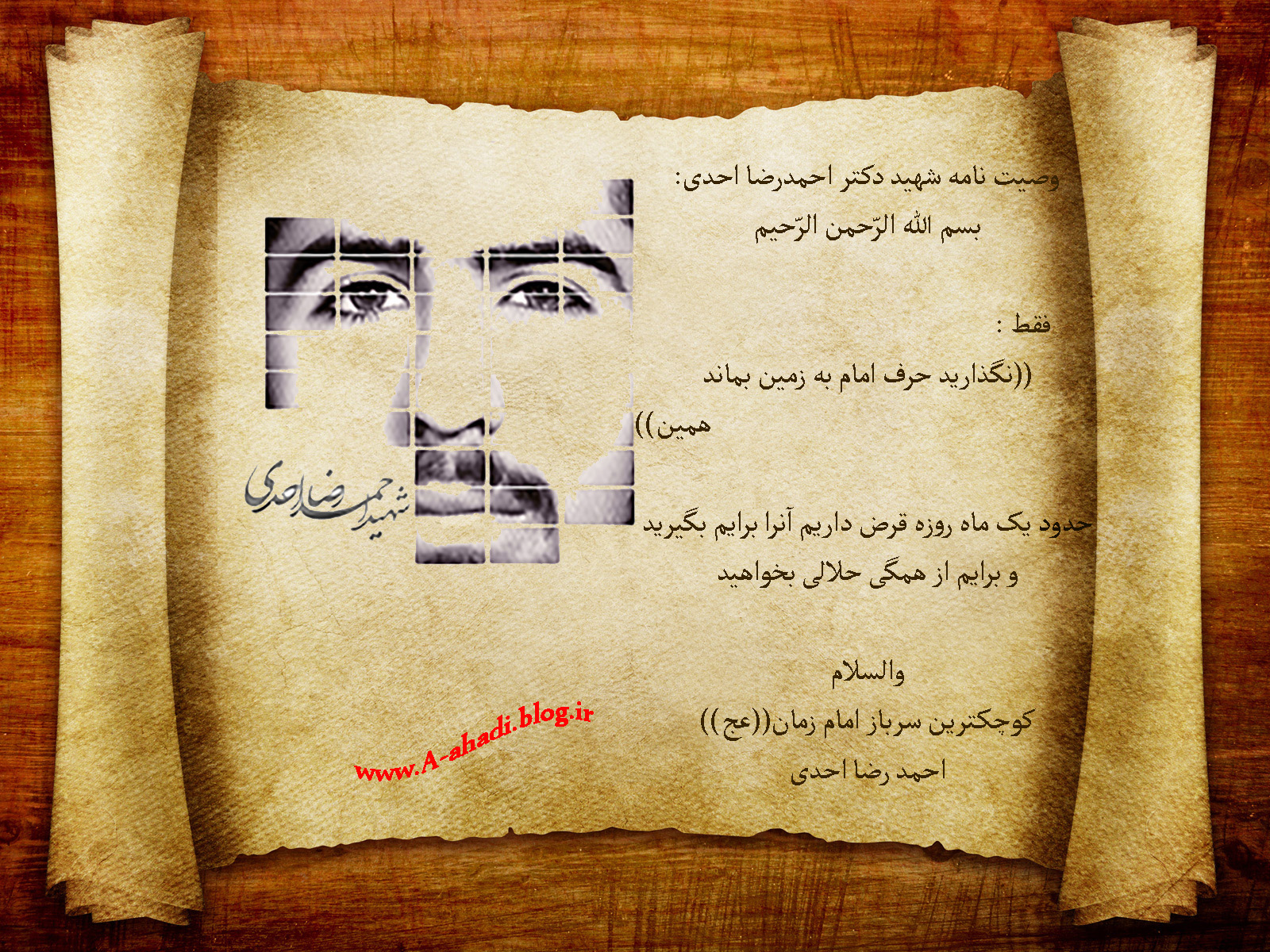
Why does Allah use the pronoun “we” in reference to himself in some verses of Quran?
Answer:
This question has several answers.
- Although God is single and should use a singular word and pronoun when he refers to his acts, yet he has described himself as such many times in Quran. In Arabic and sometimes non-Arabic languages, the speaker may use plural pronouns instead of singular pronouns for several reasons.
The holy Quran has chosen the colloquial language of people which is the best way to communicate with them and people sometimes switch pronouns in their colloquial language. It is said in one of the verses of the holy Quran that: “انتم الفقراء الی الله…” “It is ye that have need of Allah” and the pronoun انتم “ye” is masculine while it’s a public address and includes men and women and any wise person understands that it means all people, not just men. In some languages including Arabic, about the plural and singular pronouns, we see that people use the plural pronoun many times instead of singular pronoun in which for both the pronouns “we” and “you” – that have a plural form – the speaker means singular, but the plural pronoun is used for courtesy, respect and honoring. So regarding the sublime Allah (God) “نحن” “we” is used for formality and courtesy.
Anyway, in order to mention his magnificence to addressee, the speaker uses the word “we” instead of using “I” which is a sign of magnificence and greatness of the speaker.
- Sometimes using the plural pronoun is a sign of magnificence and greatness of the deed. Sometimes the speaker, in order to show the magnificence of the act that he has done, instead of saying I have done this, says we have done this; like: “إِنَّا انزَلْنَاهُ فِی لَیْلَةِ الْقَدْر” “We have indeed revealed this (Message) in the Night of Qadr” or “إِنَّا أَعْطَیْنَاکَ الْکَوْثَرَ” “To thee have we granted the Fount (of Abundance)” which is a sign of the magnificence of Quran and abundance.
- The uniqueness of Allah (God) doesn’t mean that nobody or nothing in no way in creation and feeding and guidance and so on has any causality, but divine doctrine has required that he executes creating and feeding and guiding and most of his acts through his own instruments and channels.
For instance, although Allah (God) can heal the sick or satiate the hungry or guide the misled directly and without any medium, according to his doctrine he has chosen this way that for any deed he has determined specific channels and executes any deed through the same channel. Then he will satiate the hungry by the bread that he himself has created, heal the sick by the medicine that he himself has created and by the doctor that he has created and trained. Of course bread and doctor and medicine and all instruments take effect with his permission and have their own special results while medicine and doctor and bread and water and everything get their existence constantly from him and have these effects at his will then these effects do not disagree with oneness and uniqueness of Allah (God) in any aspect and they are not partners of Allah (God) but creatures that are in need of him in their everything including the effects that they have.
Then sometimes the sublime Allah (God), in order to attract our attention to the instruments that he has determined for executing a deed, instead of saying I did, states “we did”.
For example under 61st verse of the Surah Yunus in Tafsir Nemooneh it is siad:
Plural form in reference to Allah (God), while his pure nature is unique and singular, is to indicate the magnificence of his status and the fact that there are always agents obeying him who are ready and present to obey his orders and in fact words are not only about him but from him and all those agents who are obedient to him.

